FONTE ARTICOLO: https://mea.gov.in/bilateral-documents.htm?dtl/36751/New+Delhi+Declaration+of+the+Council+of+Heads+of+State+of+Shanghai+Cooperation+Organization
Leaders of the Shanghai Cooperation Organization Member States (hereinafter referred to as “the SCO” or “the Organization”) held the meeting of the Council of Heads of State of SCO in the video conference format on 4 July 2023 and declare the following:
Today, the world is undergoing unprecedented transformations and is entering a new era of rapid technological development that requires an increase in the effectiveness of global institutions. These fundamental processes are accompanied by stronger multi-polarity, increased interconnectedness, interdependence and an accelerated pace of digitization. At the same time, threats and challenges are becoming more and more complex, destructive and dangerous, existing conflicts are aggravating and new conflicts are emerging.
The growing technological and digital divide, continued turbulence in global financial markets, global reduction in investment flows, instability of supply chains, increased protectionist measures and other barriers to international trade, consequences of the global climate change and COVID-19 pandemic are adding to the volatility and uncertainty in the global economy and creating additional challenges for economic growth, maintaining social well-being, ensuring food and energy security, as well as the implementation of the 2030 Agenda for Sustainable Development. To this end, new approaches are required to promote a more equitable and effective international cooperation.
Based on the proximity of assessments of the current regional and international agenda, the Member States confirm their commitment to formation of a more representative, democratic, just and multipolar world order based on the universally recognized principles of international law, multilateralism, equal, joint, indivisible, comprehensive and sustainable security, cultural and civilizational diversity, mutually beneficial and equal cooperation of states with a central coordinating role of the UN.
The Member States reaffirm that the SCO is not directed against other states and international organizations and is open to broad cooperation with them in accordance with the goals and principles of the UN Charter, SCO Charter and international law, based on consideration of mutual interests and common approaches to solving regional and global problems.
The Member States, in accordance with the principles of the SCO Charter, pursue a policy that excludes bloc, ideological and confrontational approaches to address the problems of international and regional development, countering traditional and non- traditional security challenges and threats. Taking into account the views of the Member States, they reaffirm the relevance of initiatives to promote cooperation in building of a new- type international relations in the spirit of mutual respect, justice, equality and mutually beneficial cooperation, as well as formation of a common vision of the idea of creating a community of the common destiny of humanity.
The Member States advocate respect for the right of peoples to an independent and democratic choice of the paths of their political and socio-economic development, emphasize that the principles of mutual respect for sovereignty, independence, territorial integrity of states, equality, mutual benefit, non-interference in internal affairs and non-use of force or threats to use force, are the basis of sustainable development of international relations. They reaffirm their commitment to peaceful settlement of disagreements and disputes between countries through dialogue and consultations.
The Member States intend to further develop cooperation in the fields of politics and security, trade, economy, finance and investment, cultural and humanitarian ties in order to build a peaceful, safe, prosperous and environment-friendly planet Earth, achieving harmonious coexistence of Man and nature.
The Member States consider it important to build up joint coordinated efforts by the international community to counter the activities of terrorist, separatist and extremist groups, paying special attention to preventing the spread of religious intolerance, aggressive nationalism, ethnic and racial discrimination, xenophobia, ideas of fascism and chauvinism.
Reaffirming their commitment to peace, joint development and equal relations based on the principles of mutual respect, friendship and good-neighborliness, the Member States will continue conducting a constructive dialogue based on trust, deepening effective multifaceted cooperation, making every effort to strengthen security and stability and ensure sustainable development in the SCO region.
The Member States consider Central Asia to be the core of SCO and support the efforts of the countries of the region to ensure prosperity and peace, sustainable development and the formation of a space of good-neighbourliness, trust and friendship.
Reaffirming their strong commitment to fighting terrorism, separatism and extremism, the Member States are determined to continue taking active measures to eliminate the conditions conducive to the spread of terrorism, to disrupt the terror financing channels, to suppress recruitment activities and cross-border movement of terrorists, to counter extremism, and radicalization of youth, the dissemination of terrorist ideology, as well as to eliminate “sleeper cells” and places used as terrorist safe havens.
The Member States note the inadmissibility of interference in the internal affairs of states under the pretext of countering terrorism and extremism, as well as unacceptability of using terrorist, extremist and radical groups for mercenary goals.
The Member States consider it important to build up joint coordinated efforts by the international community to counter the attempts to involve young people in the activities of terrorist, separatist and extremist groups.
The Member States note the effective activities of the SCO Regional Anti-Terrorist Structure(RATS) in promoting cooperation between competent authorities in countering terrorism, separatism and extremism, including the implementation of the relevant Program for 2022-2024. The importance of implementing practical measures aimed at expanding its capabilities to strengthen cooperation in these areas was emphasized.
Subject to their national laws and on the basis of consensus, the Member States will seek to develop common principles and approaches to form a unified list of terrorist, separatist and extremist organizations whose activities are prohibited on the territories of the SCO Member States.
The Member States emphasize a key role of the UN in countering threats in the information space, creating a safe, fair and open information space built on the principles of respect for state sovereignty and non-interference in the internal affairs of other countries. They consider it important to ensure equal rights for all countries to regulate the Internet and sovereign right of states to manage it in their national segment.
The Member States categorically oppose militarization of information and communication technologies (ICTs). They support development of universal rules, principles and norms of responsible behavior of states in this area, and in particular, welcome the development under the auspices of the UN of a comprehensive international convention against the use of ICT for criminal purposes. The Member States will continue cooperation within the framework of specialized negotiating mechanisms at the UN and other international platforms.
The Member States have expressed their concern about the growing threats posed by increased production, trafficking and abuse of narcotic drugs and using the proceeds of illicit drug-trafficking as a source of funding for terrorism. They stressed the need for a joint and balanced approach to countering trafficking of illicit drugs and their precursors, and noted the importance of implementing the international drug control conventions and other relevant legal regulatory instruments.
The Member States note that illicit drug trafficking and their non-medical consumption pose a threat to international and regional security and stability, sustainable economic development of states, health and well-being of people, as well as the exercise of fundamental human rights and freedoms. Emphasizing the importance of consolidating forces in the fight against illicit drug-trafficking and wide cooperation in this area, they will continue implementing the SCO Anti-Drug Strategy for 2018-2023 and Action Plan for its implementation.
The Member States intend to further conduct joint anti-drug operations on a regular basis. They advocate active interaction with interested states, regional and international organizations in this field.
The Member States that are parties to the Treaty on the Non-Proliferation of Nuclear Weapons are in favour of strict observance of the provisions of the Treaty, the comprehensive balanced promotion of all the goals and principles fixed therein, strengthening of the global nuclear non-proliferation regime, continuation of the nuclear disarmament process, as well as the promotion of an equitable, mutually beneficial cooperation in the field of the use of atomic energy for peaceful purposes.
The Member States reiterate that unilateral and unlimited expansion of global missile defense systems by certain countries or groups of countries has a negative impact on the international security and stability. They consider unacceptable attempts to ensure their own security at the expense of the security of other States.
The Member States stand for responding to global and regional security challenges and threats through political and diplomatic means on a multilateral basis and will strengthen cooperation and actively promote the multilateral arms control, disarmament and non- proliferation process, including efforts within the framework of the Conference on Disarmament.
The Member States advocate keeping outer space free of weapons of any kind and state the importance of strict observance of existing legal regime, which provides for solely peaceful use of outer space. They emphasize the need to conclude an international legally- binding document that would enhance transparency and provide reliable guarantees to prevent an arms race and not be the first to deploy weapons in outer space.
The Member States emphasize the importance of the Convention on Prohibition of the Development, Production and Stockpiling of Bacteriological (Biological) and Toxin Weapons and on Their Destruction (BTWC) as one of pillars of the global security architecture. They emphasize the need for strict adherence to the BTWC, in particular, through adoption of a Protocol to the Convention which provides for an effective verification mechanism. They oppose creating any mechanisms duplicating the BTWC functions, including those that fall within the mandate of the UN Security Council.
The Member States call for full compliance with the Convention on the Prohibition of the Development, Production, Stockpiling and Use of Chemical Weapons and on Their Destruction (CWC) as an effective instrument in disarmament and non-proliferation. They emphasize the significance of early destruction of all declared stockpiles of chemical weapons. The Member States reaffirm their support for Organization for the Prohibition of Chemical Weapons (OPCW) and advocate for concerted decisions to bridge divisions within the Organization, ensure its integrity and operate effectively under the Convention.
The Member States consider that the early entry into force of the Protocol on Security Assurances to the Agreement on a Nuclear Weapon-Free Zone in Central Asia for all signatories, will become a significant contribution to regional security and the strengthening of the nuclear non-proliferation regime.
The Member States consider sustainable implementation of the Joint Comprehensive Action Plan on the Iranian nuclear program to be important and, in accordance with Resolution 2231 of the UN Security Council, urge all the participants to strictly fulfill their obligations for comprehensive and effective implementation of the document.
The Member States believe that one of the most important factors of preservation and strengthening of safety and stability within SCO region, is the early settlement of the situation in Afghanistan. They advocate building Afghanistan as an independent, neutral, united, democratic and peaceful state, free from terrorism, war and drugs.
The Member States consider it essential to establish an inclusive government in Afghanistan with the participation of representatives of all ethnic, religious and political groups in Afghan society.
Stressing the importance of long-term hospitality and effective assistance provided to the Afghan refugees by regional and neighbouring countries of Afghanistan, the Member States consider important, the active efforts of the international community to facilitate their dignified, safe and sustainable return to their homeland.
In view of the evolving humanitarian situation in Afghanistan, the Member States supported continued efforts to assist the Afghan people.
The Member States called for greater effectiveness of the World Trade Organization (WTO) as a key platform for discussing the international trade agenda and adopting the regulations of the multilateral trading system. They emphasize the need for early implementation of an inclusive reform of the organization, focusing on the issues of its development and adaptation to modern economic realities, as well as effective implementation of the functions of monitoring, negotiation and settlement of disputes.
The Member States affirm the significance for further improving and reforming the architecture of global economic governance and will consistently advocate and strengthen an open, transparent, fair, inclusive and non-discriminatory multilateral trading system based on the World Trade Organization (WTO) principles and rules, promote the development of an open world economy, ensure equitable market access, oppose protectionist measures and trade restrictions that are contrary to the WTO principles that undermine the multilateral trading system and threaten the global economy. They stressed that unilateral application of economic sanctions other than those approved by the UN Security Council are incompatible with the principles of international law and have a negative impact on the third countries and international economic relations.
Reaffirming their support for China’s “Belt and Road Initiative” (BRI) initiative, the Republic of Kazakhstan, Kyrgyz Republic, Islamic Republic of Pakistan, Russian Federation, Republic of Tajikistan and Republic of Uzbekistan note the ongoing work to jointly implement this project, including efforts to link the construction of the Eurasian Economic Union and BRI.
They spoke in favour of implementing the Roadmap for gradual increase in the share of national currencies in mutual settlements by the interested Member States.
The Member States intend to broaden and deepen cooperation for sustainable socio- economic development and to improve the well-being and living standards of the people in the SCO region.
They consider it important to ensure the implementation of the SCO Economic Development Strategy 2030 adopted by interested Member States, other joint programmes and projects aimed at promoting cooperation in such priority areas as the digital economy, high technology and innovation, creation of new and modernisation of existing international routes for road and rail transport, multimodal transport corridors and logistics centres, finance and investment, energy and food security, reliable, resilient and diversified supply chains, industrial cooperation and inter-regional ties.
The Member States intend to strengthen cooperation in education, science and technology, culture, health, disaster management, as well as tourism, sports and people-to- people contacts, especially through women and youth, public diplomacy institutions, cultural centres and the media.
The Member States, noting the importance of cooperation in the field of environmental protection, ecological security and prevention of the negative consequences of climate change, development of specially protected nature reserves and eco-tourism, agreed to declare 2024 as the SCO Year of Environment.
The Member States stressed the historical significance of the admission of the Islamic Republic of Iran to the SCO as a full Member State. They also noted the importance of signing the Memorandum of Obligations by the Republic of Belarus to achieve the status of a SCO Member State.
The Member States highly appreciated the outcomes of the Republic of India’s presidency of the SCO in 2022-2023 which has contributed to the further development of multi-faceted and mutually beneficial cooperation.
The presidency of the SCO for the forthcoming period is handed over to the Republic of Kazakhstan. The next meeting of the SCO Council of Heads of State will be held in 2024 in the Republic of Kazakhstan.
New Delhi
July 04, 2023
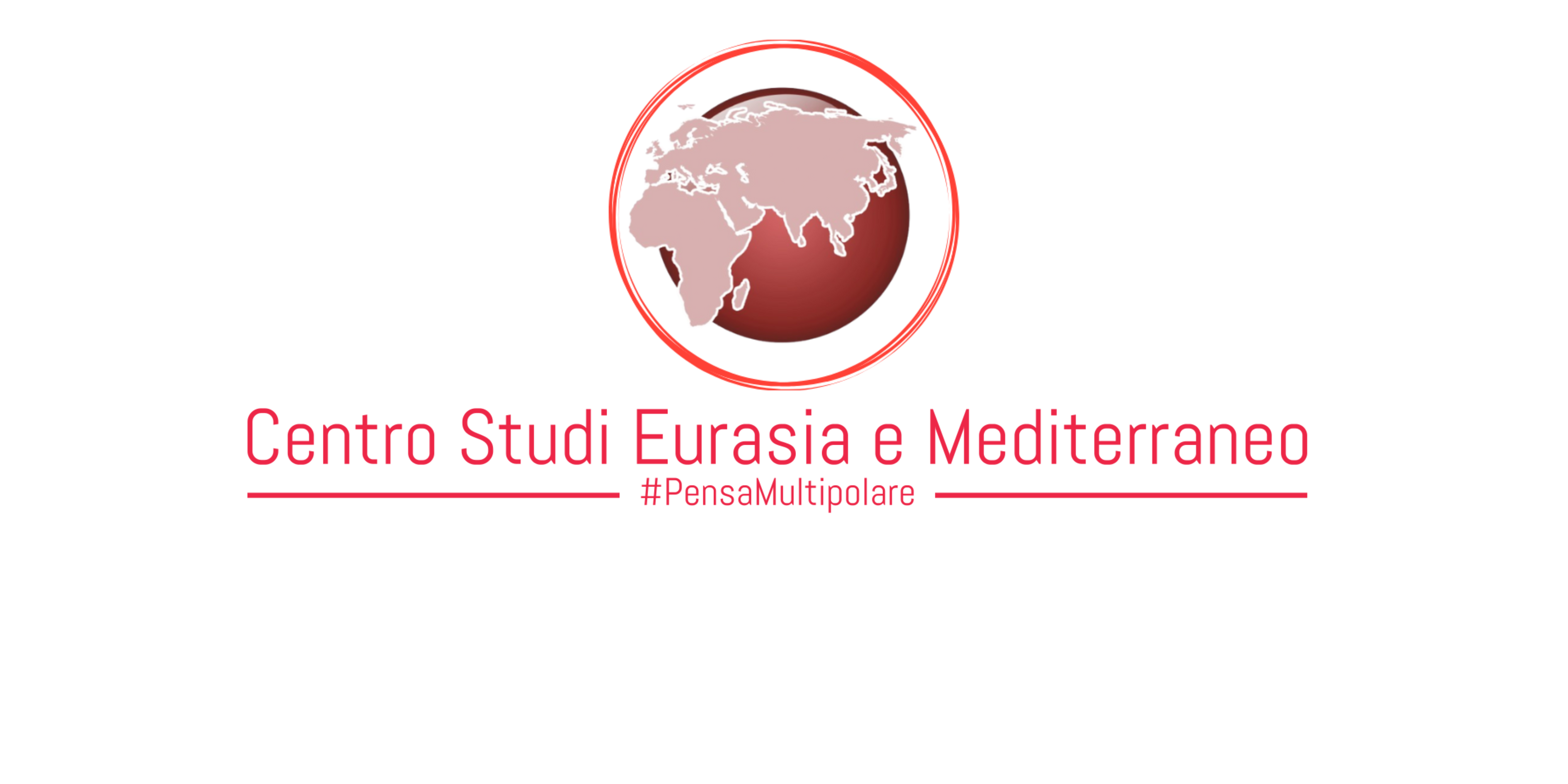



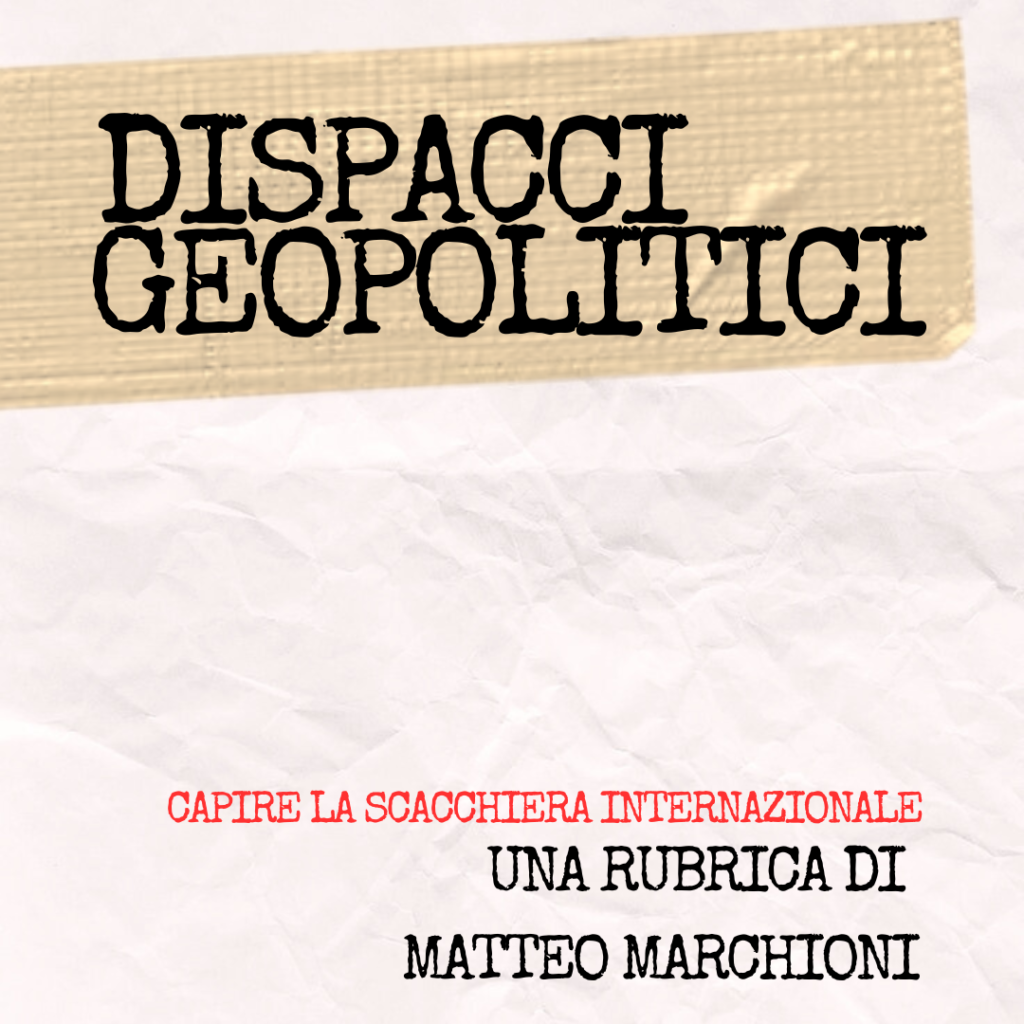
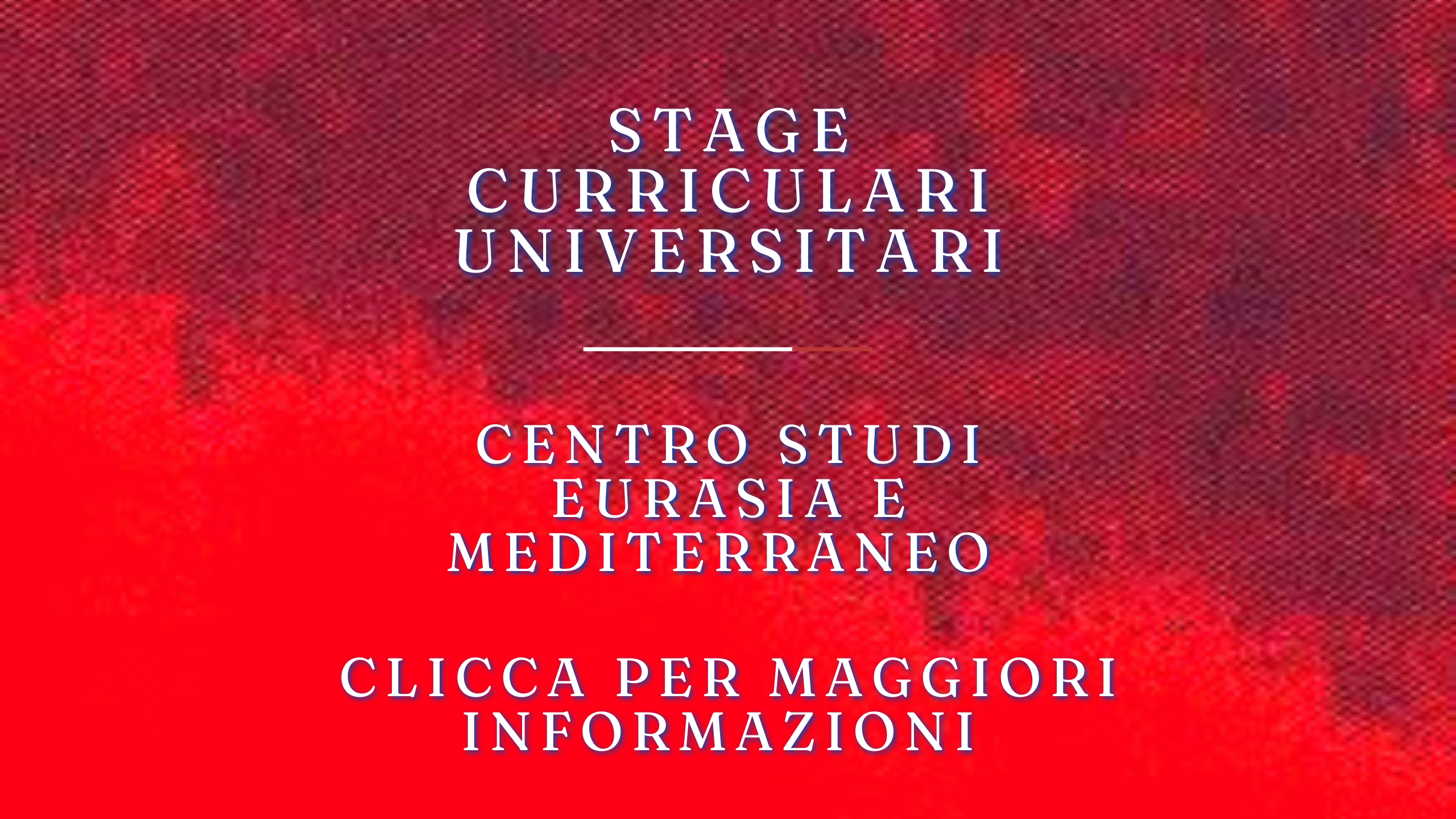
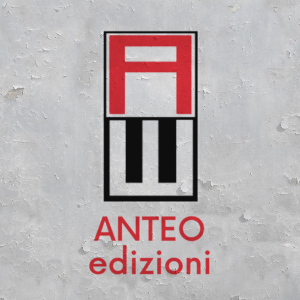
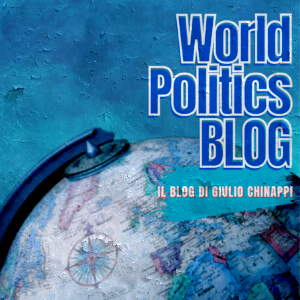










Il CeSE-M sui social